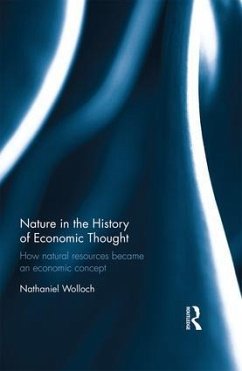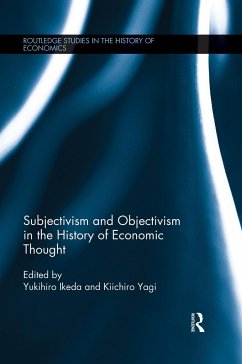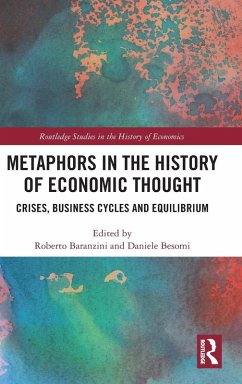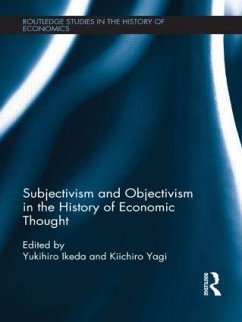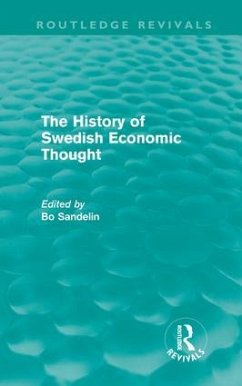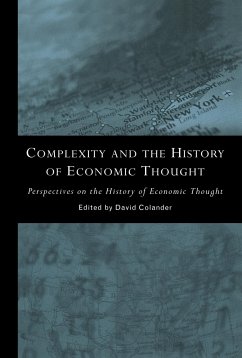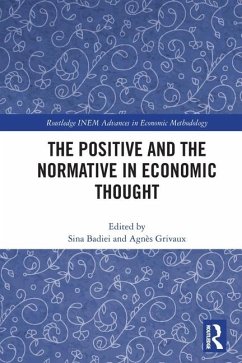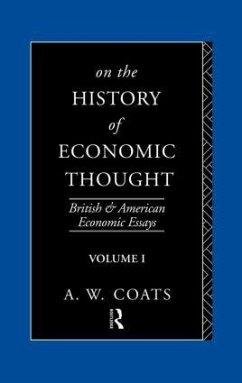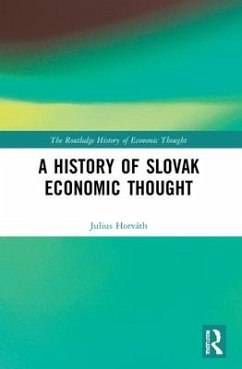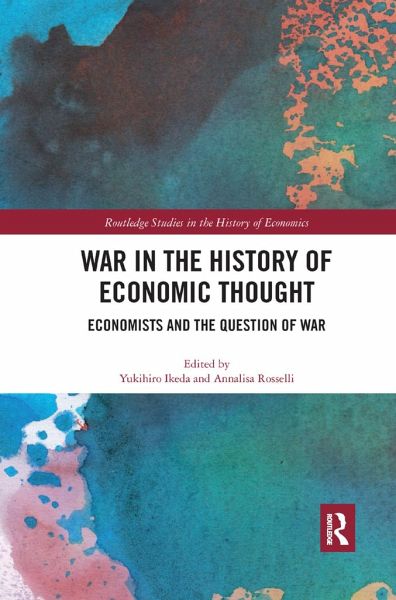
War in the History of Economic Thought
Economists and the Question of War
Herausgeber: Ikeda, Yukihiro; Rosselli, Annalisa
Versandkostenfrei!
Sofort lieferbar
55,99 €
inkl. MwSt.

PAYBACK Punkte
28 °P sammeln!
In this volume, which brings together contributions by leading international scholars of various countries, the book reconstructs how economists have dealt with issues that have been puzzling them for nearly three centuries and offers a reconstruction of three centuries of thinking about the relations between economics and war.





